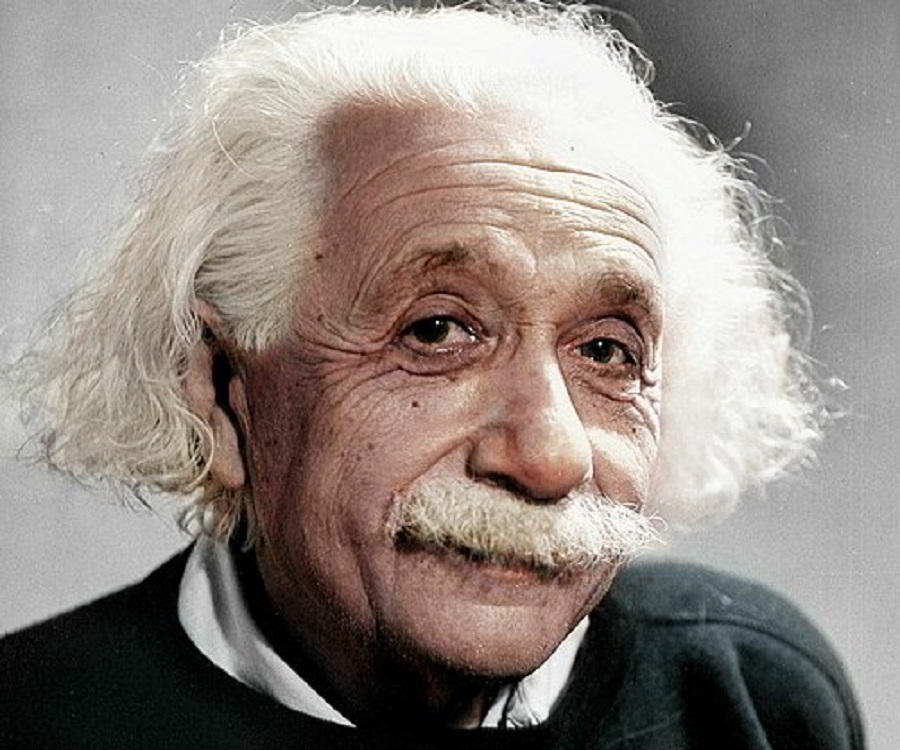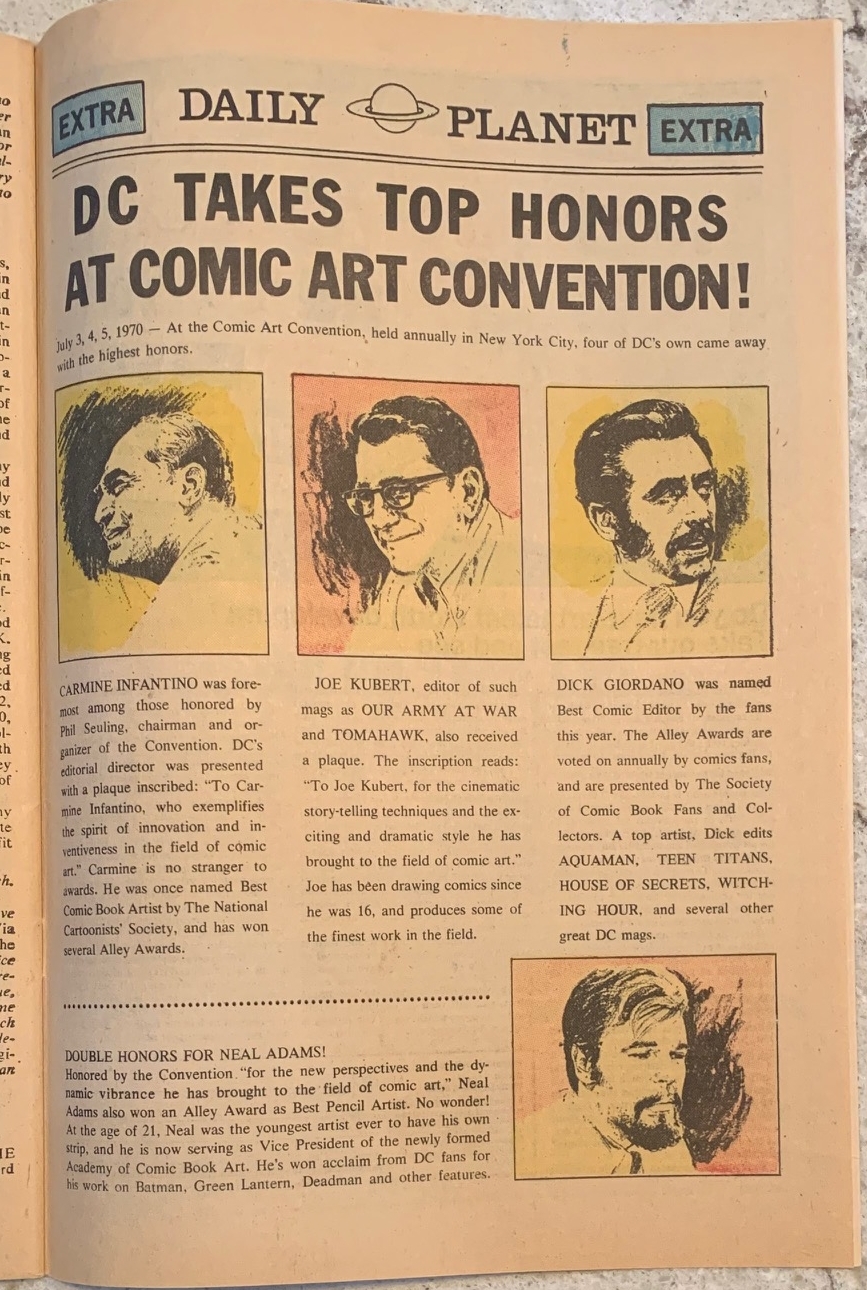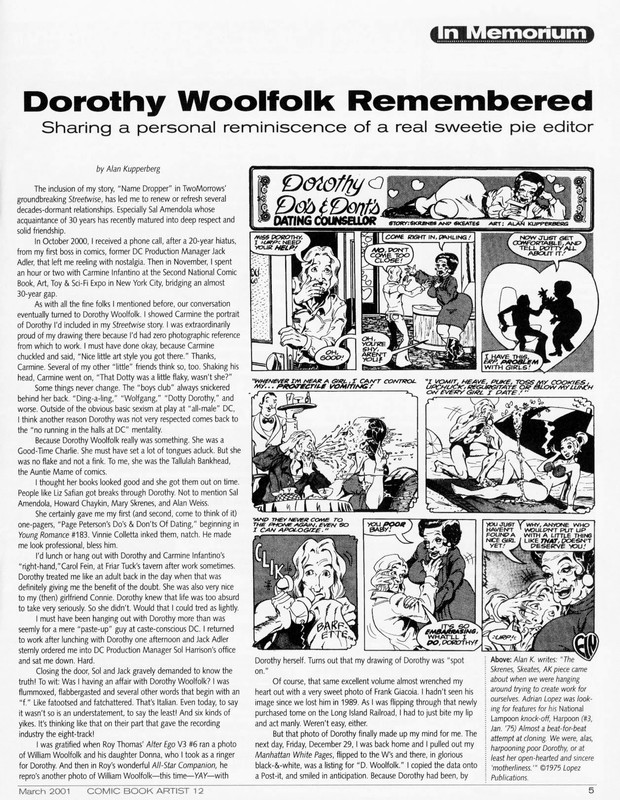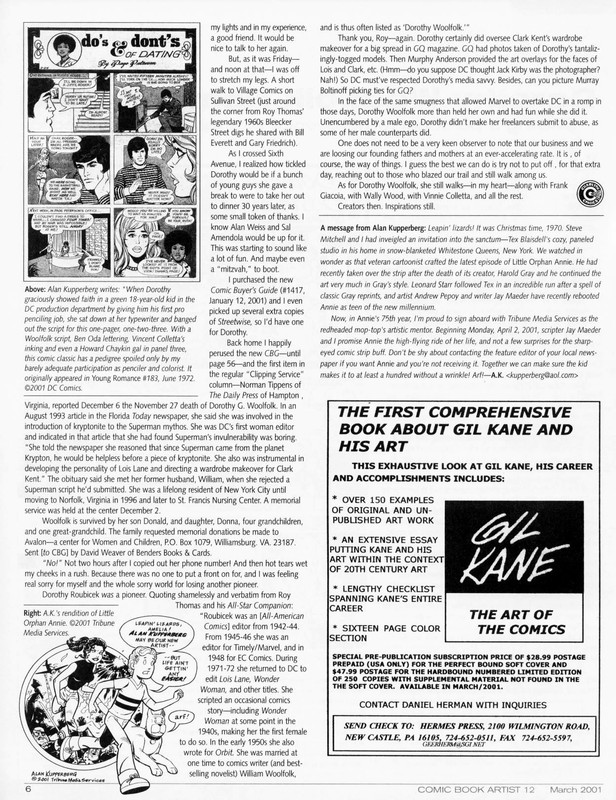Post by rberman on Oct 9, 2023 20:17:24 GMT -5
Wonder Woman #203 “The Grandee Caper!” (December 1972)

Theme: Diana Prince, sellout
Story: Samuel R. Delany
Art: Dick Giordano
Editing: Denny O'Neil
Dramatis Personae
Diana Prince, reluctant figurehead of women’s liberation
Cathy Perkins, social crusader
Margo, social crusader, kennel owner
Lorna, Cathy’s karate instructor
Dr. Fisher, sociology researcher
Ed and Sue, Cathy’s upstairs neighbors
Grandee, capitalist and chauvinist pig
Mike, Grandee’s muscle
The Story: Diana chastises some men who catcall her on the street. When Cathy Perkins bursts from a nearby alley to defend Diana’s honor, a fight begins in earnest, and Diana dispatches all comers. Cathy is no longer a shopgirl; she has a desk job at the Social Service Center, and an apartment of her own. She lets Diana crash on her couch as they gossip about Cathy’s quarrelsome neighbors Ed and Sue. I suspect this was a setup for a future story about that couple, but for reasons discussed below, it never reached fruition.

Mike, one of the goons who attacked Diana last night, somehow tracks her to Cathy’s apartment to apologize and offer her a job at Grandee’s store. I’m sure this will turn out much better than the time Fellows Dill had Diana attacked and then gave her a job, right? Right? Grandee looks just like Carmine Infantino, and he wants to make Wonder Woman into the figurehead for women’s lib, while profiting from the connection. Grandee gets a little handsy with Diana, too.

Ok, enough talking. Time for an action sequence! A trio of Dobermans barge into Grandee’s office, but Diana subdues them long enough to receive a couple of condescending “little lady” and “little girl” comments from Infantino, I mean Grandee.

Diana is horrified to learn that Cathy’s new friend Margo sent the Dobermans to attack Grandee in retaliation for the low wages he pays his shopgirls. Cathy in turn is disappointed in Diana for selling out her reputation to his store. Jonny Double declines to get caught between two women in a debate about feminism; time to go home! Smart man. Cathy makes an articulate case, and Diana apologizes.

Wait, did Diana say that she doesn’t like women? That’s a fascinating thing for someone from Paradise Island to confess! At a women’s lib meeting, Diana meets Cathy’s friends Margo, Lorna, and Dr. Fisher. A gang of ruffians terrorizes the meeting, so Diana beats them up.

Mike takes Cathy hostage and trusses her up in Grandee’s basement. Yeah, this is going to turn out really well. Diana doesn’t call the cops; she, Margo, and Cathy’s karate instructor Lorna break into Grandee’s store after hours and beat up everybody in sight. Then she informs Grandee that he’s in deep, deep trouble – not for kidnapping Cathy and conspiring to assault a dozen women earlier in the evening, but for…. Fire code violations!!!! No, not fire code violations!

Mike, meanwhile, protests that kidnapping Cathy and tying her hands behind her back was just a bit of fun. The icing on the cake happens the next night at the women’s lib meeting, when a crowd of black retail workers burst in, irate that the closing of Grandee’s store means the loss of their incomes. Tune in next time! (Or not, as we'll see.)
My Two Cents: Last issue was burdened with several sets of characters pulling the narrative in different directions. The current story is much better – it’s a lot of plot for just one issue and could have been two or three. The story makes sense and is about human choices, rather than depending on a string of convenient coincidences. Delaney gives his Bronze Age readers that rarity, a comic book story not about “How can I win this combat?” but rather “What is the right thing to do?” Since the cover proclaims a “Special Women’s Lib Issue,” I’ll save detailed comments on that for the appropriate section.
Cathy Perkins lives in “Alphabet City,” a section of Manhattan north of the Lower East Side and bounded by the East River. The north-south streets there are named Avenues A, B, C, and D. Cathy lives on the non-existent Avenue E.
The street punks were attacking Diana because she is “W.W.” Cathy immediately realizes this means “Wonder Woman,” though Diana seems to blow it off. Delaney is contributing to the confusion about whether Diana’s identity is known, casting her as an impoverished celebrity. If that were so, surely she could find a less objectionable sponsor than Grandee, if she were of a mind to sell out.

Fashion Plate: Diana wears her white turtleneck again, except for one gratuitous panel where she takes her shirt off at Cathy’s apartment. Cathy wears a magenta minidress on the cover but a magenta pantsuit in the interior.
Sexual Politics: It’s a “Special Women’s Lib Issue!” DC comics of this era threw themselves headlong into every social issue they could think of. Superboy lobbied government for prison reform. The Justice League tackled pollution. Green Arrow explored overpopulation, and Superman dipped his toe into Native American issues.
The cultural background for this story is the Equal Rights Amendment to the U.S. Constitution, which was intended to level the playing field for women in society but garnered controversy as to whether it would cancel various legal protections granted to women. Congress approved the ERA in 1971-1972, but the required ¾ ratification by individual states failed to occur, and the amendment died in 1979. In Delaney’s story, Grandee personifies the problem the ERA sought to correct. Delaney gives a Civics lesson concerning how Grandee gets away with underpaying his shopgirls:

You might have expected this story to run something like the Fellows Dill story: Diana confronts an obnoxious misogynist who ultimately reaps what he sows. Lesson: Respect women, kids! And this story starts off very much like that, with Diana rebuking some leering men on the street, then beating them up when they get huffy, while lecturing them on the error of their ways. So far, it’s a story that seems calculated to get Gloria Steinem off of DC’s back.

But for Delaney, this is not the punchline, only the setup. The next part of the story makes Grandee the victim, attacked by radical women who need to learn to work within the system. And as with Fellows Dill, Diana defends the chauvinist—first in combat, and then with words, explaining how financial considerations caused her to lay aside her qualms about working for someone who wishes to monetize feminism. Cathy shows Diana the error of her ways, which could be read as a rebuke of Carmine Infantino (i.e. DC) being the evil company that is trying to make a buck off of Women’s Lib.
Granted, by the end of the story, the misogynist capitalist is once again the villain who must be punished for exploiting the proletariat. But the cliffhanger ending introduces still more ambiguity, as the black underclass rises not to join the revolution, but to defend the gentry who put food on their tables. (“Grandee” means “person of high social rank,” by the way.) It’s a fascinating reversal of expectations, and I wonder whether Delaney knew about Steinem’s complaints when he was writing this issue. He certainly did soon afterward. In 1980, he told The Comics Journal:
I can’t find a direct quotation, but apparently Delaney intended the cliffhanger to culminate with Diana defending an abortion clinic. Instead, with his departure, DC gave the book to Robert Kanigher, with results that we’ll see soon.
Bond Girl: Bound Cathy is the focal element of the cover but only gets three panels in the interior.

Body Count: No fatalities, human or canine. By the end of the story, the Dobermans are helping Diana.
Lettercol: It’s now called “Princessions,” which is not a word. Once again O’Neil prints no letters, using the space to butter up Delaney and Giordano, to plug his upcoming work on Sword of Sorcery and The Shadow, and to announce that Robert Kanigher will be taking over next issue to return Wonder Woman to her Silver Age status quo.

Theme: Diana Prince, sellout
Story: Samuel R. Delany
Art: Dick Giordano
Editing: Denny O'Neil
Dramatis Personae
Diana Prince, reluctant figurehead of women’s liberation
Cathy Perkins, social crusader
Margo, social crusader, kennel owner
Lorna, Cathy’s karate instructor
Dr. Fisher, sociology researcher
Ed and Sue, Cathy’s upstairs neighbors
Grandee, capitalist and chauvinist pig
Mike, Grandee’s muscle
The Story: Diana chastises some men who catcall her on the street. When Cathy Perkins bursts from a nearby alley to defend Diana’s honor, a fight begins in earnest, and Diana dispatches all comers. Cathy is no longer a shopgirl; she has a desk job at the Social Service Center, and an apartment of her own. She lets Diana crash on her couch as they gossip about Cathy’s quarrelsome neighbors Ed and Sue. I suspect this was a setup for a future story about that couple, but for reasons discussed below, it never reached fruition.

Mike, one of the goons who attacked Diana last night, somehow tracks her to Cathy’s apartment to apologize and offer her a job at Grandee’s store. I’m sure this will turn out much better than the time Fellows Dill had Diana attacked and then gave her a job, right? Right? Grandee looks just like Carmine Infantino, and he wants to make Wonder Woman into the figurehead for women’s lib, while profiting from the connection. Grandee gets a little handsy with Diana, too.

Ok, enough talking. Time for an action sequence! A trio of Dobermans barge into Grandee’s office, but Diana subdues them long enough to receive a couple of condescending “little lady” and “little girl” comments from Infantino, I mean Grandee.

Diana is horrified to learn that Cathy’s new friend Margo sent the Dobermans to attack Grandee in retaliation for the low wages he pays his shopgirls. Cathy in turn is disappointed in Diana for selling out her reputation to his store. Jonny Double declines to get caught between two women in a debate about feminism; time to go home! Smart man. Cathy makes an articulate case, and Diana apologizes.

Wait, did Diana say that she doesn’t like women? That’s a fascinating thing for someone from Paradise Island to confess! At a women’s lib meeting, Diana meets Cathy’s friends Margo, Lorna, and Dr. Fisher. A gang of ruffians terrorizes the meeting, so Diana beats them up.

Mike takes Cathy hostage and trusses her up in Grandee’s basement. Yeah, this is going to turn out really well. Diana doesn’t call the cops; she, Margo, and Cathy’s karate instructor Lorna break into Grandee’s store after hours and beat up everybody in sight. Then she informs Grandee that he’s in deep, deep trouble – not for kidnapping Cathy and conspiring to assault a dozen women earlier in the evening, but for…. Fire code violations!!!! No, not fire code violations!

Mike, meanwhile, protests that kidnapping Cathy and tying her hands behind her back was just a bit of fun. The icing on the cake happens the next night at the women’s lib meeting, when a crowd of black retail workers burst in, irate that the closing of Grandee’s store means the loss of their incomes. Tune in next time! (Or not, as we'll see.)
My Two Cents: Last issue was burdened with several sets of characters pulling the narrative in different directions. The current story is much better – it’s a lot of plot for just one issue and could have been two or three. The story makes sense and is about human choices, rather than depending on a string of convenient coincidences. Delaney gives his Bronze Age readers that rarity, a comic book story not about “How can I win this combat?” but rather “What is the right thing to do?” Since the cover proclaims a “Special Women’s Lib Issue,” I’ll save detailed comments on that for the appropriate section.
Cathy Perkins lives in “Alphabet City,” a section of Manhattan north of the Lower East Side and bounded by the East River. The north-south streets there are named Avenues A, B, C, and D. Cathy lives on the non-existent Avenue E.
The street punks were attacking Diana because she is “W.W.” Cathy immediately realizes this means “Wonder Woman,” though Diana seems to blow it off. Delaney is contributing to the confusion about whether Diana’s identity is known, casting her as an impoverished celebrity. If that were so, surely she could find a less objectionable sponsor than Grandee, if she were of a mind to sell out.

Fashion Plate: Diana wears her white turtleneck again, except for one gratuitous panel where she takes her shirt off at Cathy’s apartment. Cathy wears a magenta minidress on the cover but a magenta pantsuit in the interior.
Sexual Politics: It’s a “Special Women’s Lib Issue!” DC comics of this era threw themselves headlong into every social issue they could think of. Superboy lobbied government for prison reform. The Justice League tackled pollution. Green Arrow explored overpopulation, and Superman dipped his toe into Native American issues.
The cultural background for this story is the Equal Rights Amendment to the U.S. Constitution, which was intended to level the playing field for women in society but garnered controversy as to whether it would cancel various legal protections granted to women. Congress approved the ERA in 1971-1972, but the required ¾ ratification by individual states failed to occur, and the amendment died in 1979. In Delaney’s story, Grandee personifies the problem the ERA sought to correct. Delaney gives a Civics lesson concerning how Grandee gets away with underpaying his shopgirls:

You might have expected this story to run something like the Fellows Dill story: Diana confronts an obnoxious misogynist who ultimately reaps what he sows. Lesson: Respect women, kids! And this story starts off very much like that, with Diana rebuking some leering men on the street, then beating them up when they get huffy, while lecturing them on the error of their ways. So far, it’s a story that seems calculated to get Gloria Steinem off of DC’s back.

But for Delaney, this is not the punchline, only the setup. The next part of the story makes Grandee the victim, attacked by radical women who need to learn to work within the system. And as with Fellows Dill, Diana defends the chauvinist—first in combat, and then with words, explaining how financial considerations caused her to lay aside her qualms about working for someone who wishes to monetize feminism. Cathy shows Diana the error of her ways, which could be read as a rebuke of Carmine Infantino (i.e. DC) being the evil company that is trying to make a buck off of Women’s Lib.
Granted, by the end of the story, the misogynist capitalist is once again the villain who must be punished for exploiting the proletariat. But the cliffhanger ending introduces still more ambiguity, as the black underclass rises not to join the revolution, but to defend the gentry who put food on their tables. (“Grandee” means “person of high social rank,” by the way.) It’s a fascinating reversal of expectations, and I wonder whether Delaney knew about Steinem’s complaints when he was writing this issue. He certainly did soon afterward. In 1980, he told The Comics Journal:
This was back when National was at the end of its “relevant” phase. They’d been trying to do the relevant bit with a number of standard titles: Green Lantern (with Green Arrow) was, of course, the great success. But now they were trying the same thing with Wonder Woman. Only it wasn’t working. Mainly that was because the people they had writing it just didn’t have much of a feel for the women’s movement. Short of getting a woman writer for the series who did (Don’t ask me why they didn’t put some energy in that direction!), nobody could come up with anything. So at one point I said to Denny: “I think I have more of a sense of this thing. Why don’t you let me do a couple?” So I did. A couple.
…From those two issues there was actually some very nice feedback. But then there was a big change. National decided to put Wonder Woman back into her American flag falsies and bring back the bullets and bracelets bit. For the previous ten years, basically she’d been wearing a gi and was a super karate expert. It was a lot more realistic and a lot more amenable to stories with some social bite.
But there was this nostalgia surge to take her back to her Fifties incarnation. D.C. used a chance comment Gloria Steinem dropped while being shown through the National offices to throw out all of Wonder Woman’s concerns for women’s real social problems. Instead of a believable woman, working with other women, fighting corrupt department store moguls and crusading for food cooperatives against supermarket monopolies -- as she’d been doing in my scripts -- she got back all her super powers ... and went off to battle the Green Meanies from Mars who were Threatening the Earth’s Very Survival. ...
I wasn’t interested in that. So I pulled out.
…From those two issues there was actually some very nice feedback. But then there was a big change. National decided to put Wonder Woman back into her American flag falsies and bring back the bullets and bracelets bit. For the previous ten years, basically she’d been wearing a gi and was a super karate expert. It was a lot more realistic and a lot more amenable to stories with some social bite.
But there was this nostalgia surge to take her back to her Fifties incarnation. D.C. used a chance comment Gloria Steinem dropped while being shown through the National offices to throw out all of Wonder Woman’s concerns for women’s real social problems. Instead of a believable woman, working with other women, fighting corrupt department store moguls and crusading for food cooperatives against supermarket monopolies -- as she’d been doing in my scripts -- she got back all her super powers ... and went off to battle the Green Meanies from Mars who were Threatening the Earth’s Very Survival. ...
I wasn’t interested in that. So I pulled out.
I can’t find a direct quotation, but apparently Delaney intended the cliffhanger to culminate with Diana defending an abortion clinic. Instead, with his departure, DC gave the book to Robert Kanigher, with results that we’ll see soon.
Bond Girl: Bound Cathy is the focal element of the cover but only gets three panels in the interior.

Body Count: No fatalities, human or canine. By the end of the story, the Dobermans are helping Diana.
Lettercol: It’s now called “Princessions,” which is not a word. Once again O’Neil prints no letters, using the space to butter up Delaney and Giordano, to plug his upcoming work on Sword of Sorcery and The Shadow, and to announce that Robert Kanigher will be taking over next issue to return Wonder Woman to her Silver Age status quo.









































